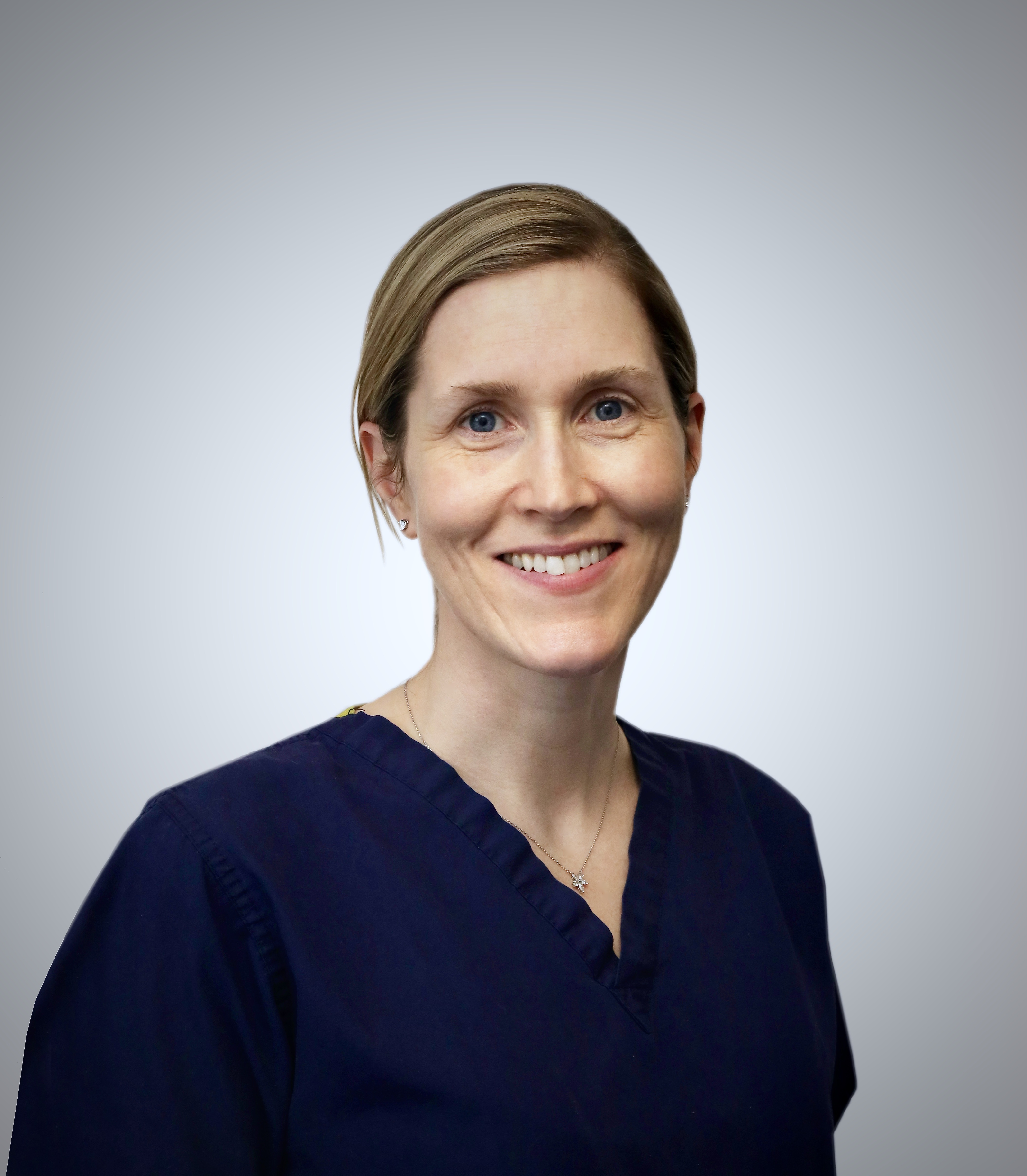Supervisor Database Search
Guidance for ICAT Supervisors
Supervisor Database
Full NameMs Catherine de Blacam

- neuroscience and mental health
- epidemiology/population health research
- Other
Patient-reported outcomes research
- Medicine
- Surgery
- General Practice
- Paediatrics
- Public Health
- Oral and Maxillofacial Medicine
- Adolescent medicine
- Neonatology
- Other
Plastic Surgery
Current work is focused on developing a longitudinal study of children born in Ireland with cleft lip and palate (CL/P). In partnership with Growing up in Ireland, the national longitudinal study of children and youth, we will examine socioeconomic status, educational attainment and psychological wellbeing in comparison to unaffected peers.
Another theme of interest is the recording of outcomes in speech surgery. Having published a definitive systematic review comparing outcomes of different speech surgeries (de Blacam et al. Cleft Palate Craniofac J 2018), our group led the COS-VPD Initiative, an international collaboration to define a core outcome set for recording outcomes of surgery for velopharyngeal dysfunction (de Blacam et al. BMJ Open 2020; de Blacam et al. Cleft Palate Craniofac J 2022). Ongoing projects include developing an enhanced recovery pathway for children undergoing speech surgery.
Our group is also recognised for its work on early management of infants born with cleft palate in the context of Robin Sequence (de Blacam et al. J Craniomaxillofac Surg, 2024; Browne et al. Cleft Palate Craniofac J 2024). Under the auspices of ERN Cranio, we are part of a European collaboration investigating the optimum management of airway distress in infants born with a cleft.
Children born with a cleft lip and/or palate (CL/P) have a lifelong reconstructive condition. A prospectively-maintained database has been in place in the Dublin Cleft Centre since 2000, which has recorded outcomes including facial growth, speech, hearing, dental health and nasolabial aesthetics. Since 2020, patient-reported outcomes (PROs) have been included, with initial analysis identifying females and older teens as those reporting poorer outcomes across multiple domains (Nolan et al. The Surgeon 2024, under review). What has not been focused on to date is how patients with clefts differ from the general population in the metrics that matter to them.
Growing Up In Ireland (GUI), the national longitudinal study of children and youth, aims to inform Government policy in relation to children, young people and families. In 2023, our group collaborated with GUI on a pilot study, Lives of Irish Adolescents who were born with a Cleft (LIA-Cleft), the aim of which was to take describe the lives of 13-year-olds, who were born with CL/P (de Blacam et al, Cleft Palate Craniofac J 2024, under review). A wide range of information about life at home, school and in the community, as well as mental health and psychological wellbeing scores were compared to that of the general population as recorded in the GUI Cohort ’08. In spite of reporting poorer medical and dental health, young people who were born with CL/P were found to lead lives that are broadly similar to their peers in the general population.
The GUI study has recently launched a new birth cohort (Cohort ’24). We propose a longitudinal study of infants born with CL/P that would chart the development of children born with CL/P over time and examine their progress and well-being at critical periods from birth to adulthood in comparison to peers in the general population.
Elizabeth Nixon PhD
Associate Professor in Developmental Psychology in the School of Psychology at Trinity College Dublin
Anne Nolan PhD
Research Professor in the Social Research Division, joint Research Area Coordinator for Health and Quality of Life Research at the Economic & Social Research Institute

